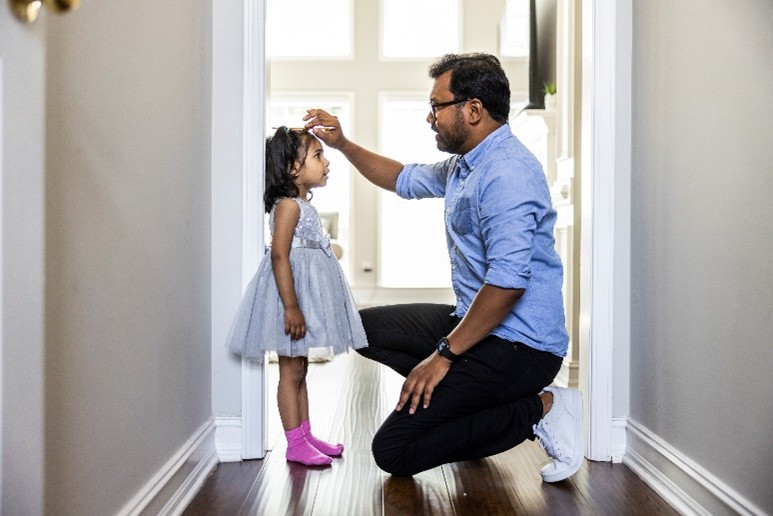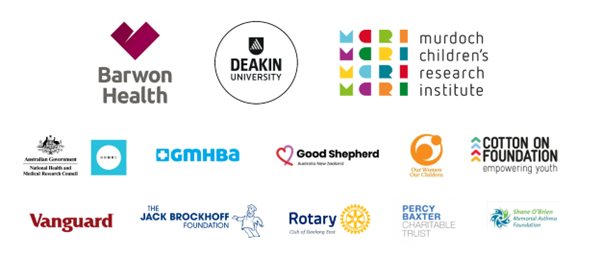Funding
The establishment of work and infrastructure for the BIS was supported by the Murdoch Children's Research Institute, Deakin University, and Barwon Health. Funding was subsequently secured from the National Health and Medical Research Council of Australia (NHMRC), the Shepherd Foundation, the Jack Brockhoff Foundation, the Scobie & Claire McKinnon Trust, the Shane O’Brien Memorial Asthma Foundation, the Our Women Our Children’s Fund Raising Committee Barwon Health, the Rotary Club of Geelong, the Minderoo Foundation, the Ilhan Food Allergy Foundation, GMHBA Limited, Vanguard Investments Australia Ltd, the Percy Baxter Charitable Trust, Perpetual Trustees, and the William and Vera Ellen Houston Memorial Trust Fund. Additional in-kind support was provided by the Cotton On Foundation and CreativeForce. The project also received support from the Victorian Government’s Operational Infrastructure Support Program.






